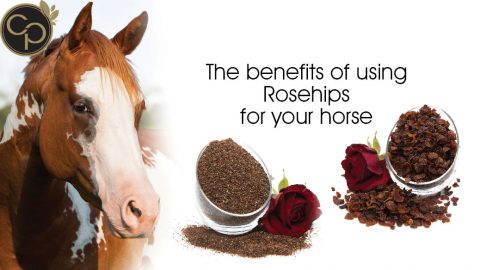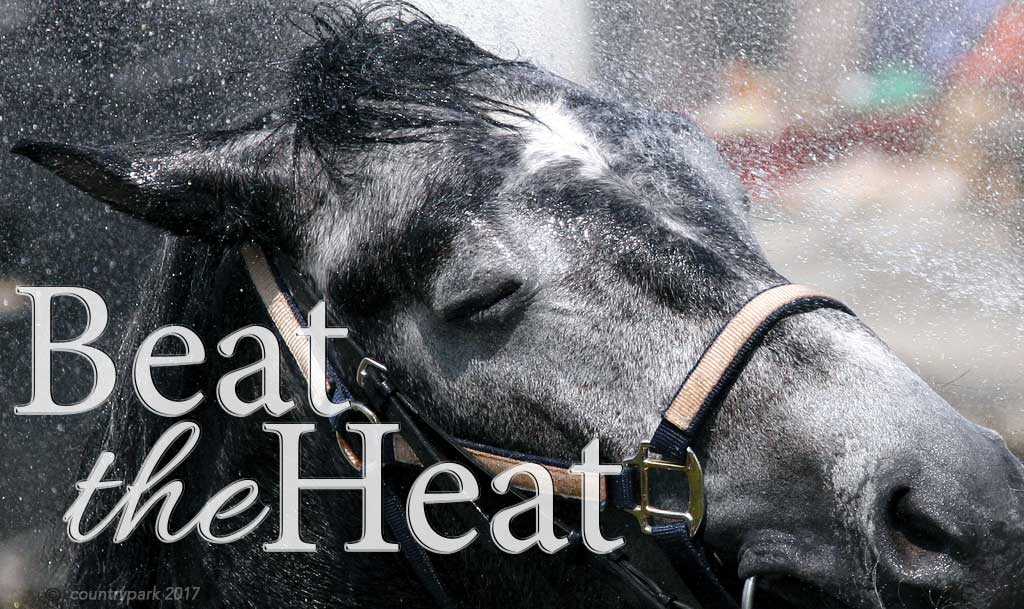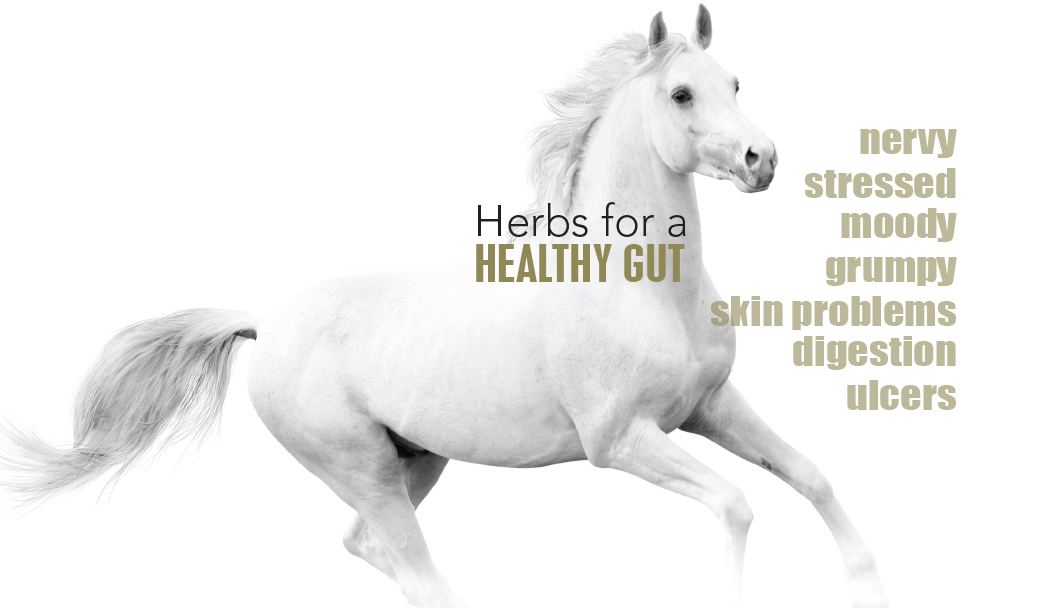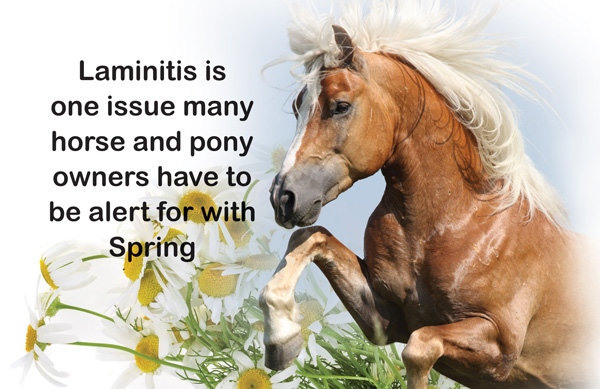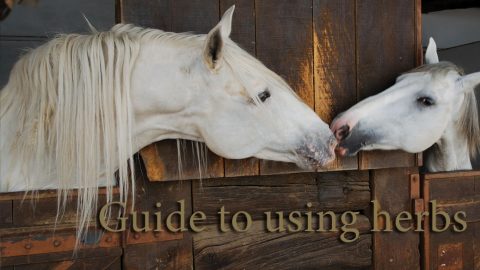Herbs can play a supportive role with any hoof issues. Working with your farrier or trimmer and your veterinarian, no matter your philosophy, herbs can help with most hoof issues. The herbs suggested in this article are also categorised as gentle in action easily added to feed dried or powdered.
These herbs can be used across a few hoof issues, so as you select which ones you think are best for your horse, keep your selection between three to five. If you are not sure, you can use the Spring Blend from Country Park, which supports hoof issues that come on with the change of seasons.
Many hoof issues can be linked to not getting enough good hoof nutrients from diet. It has been suggested that low zinc levels, along with copper and iodine, may be responsible for horses being susceptible to hoof problems.
Clivers is highly nutritional being rich with silica, calcium, copper, iodine and sodium. When addressing poor hooves it is a ‘cornerstone’ herb that anchors your approach. As hooves strengthen, the secondary herbs you have selected may change.
For the horse prone to laminitis, a daily serve of clivers can lessen the severity of flare ups. At the first hint of overactivity in the digital pulse, add yarrow to address inflammation and maintain a healthy circulation to the hoof.
With hoof abscesses, the lymphatic properties of clivers help cleanse the hoof and can be supported with calendula petals and rosehips. This combination is also useful with thrush. Where a horse suffers from chronic thrush or frequent abscesses, then supporting these herbs with burdock root powder will cleanse the blood while the clivers and rosehips help strengthen the horse’s immunity.

With a wet summer season expected this year, clivers can be useful when hoof issues have developed with too much water as well as rainscald and fungal skin issues.
For the older horse with hoof issues that also needs joint support, then nettle leaf will be the ‘cornerstone’ herb. It is also highly nutritional with a broad range of minerals and vitamin C. Nettle leaf provide nutrients to the feet in addition to alleviating inflammation in arthritic joints. Combined with celery seed – another older horse hoof herb – both nettle leaf and celery will strengthen the hooves and help stiff limbs.
Recently the US FDA issued warnings that biotin supplementation may falsely raise or lower many hormone assay results. If you suspect your horse’s hoof issue could be linked back to a metabolic or hormonal issue, veterinarian Dr Eleanor Kellon has suggested horse owners discontinue any supplements containing more than 2 mg of biotin for 6 days prior to hormone testing to avoid interference to test results. Then resume the biotin supplement as it contains useful B vitamins that provide significant improvement with new hoof growth.
If the tests do confirm the early stage of insulin resistance or cushings syndrome, consider chaste tree berry. If your horse is at a stage where your veterinarian recommends a medication, chaste tree berry may then not be suitable.
For horses in need of some weight management, fennel seed supports the hoof, and is known as the dieter’s herb for the horse that has developed a heavy crest or fatty deposits. Combining with clivers and cinnamon powder, fennel seed is a tasty additive to a bland diet when trying to reduce a bulky body.
When stress is a contributing factor to poor hoof health, chamomile is a suitable calming herb to add to the herbal mix. It is full of magnesium to relax muscles aching from adjusting movement when tip-toeing on sore feet.
Hooves thrive on good nutrition and depending on your horse’s needs, the herbs mentioned in this article can provide easily utilised minerals.
Disclaimer: The information provided in this advertorial is for educational purpose only and is not meant to replace veterinary advice or treatment. Copyright: Catherine Bird has been an equine natural therapist for 33 years working closely with Country Park Herbs for over 21 years offering advice to their clients.




